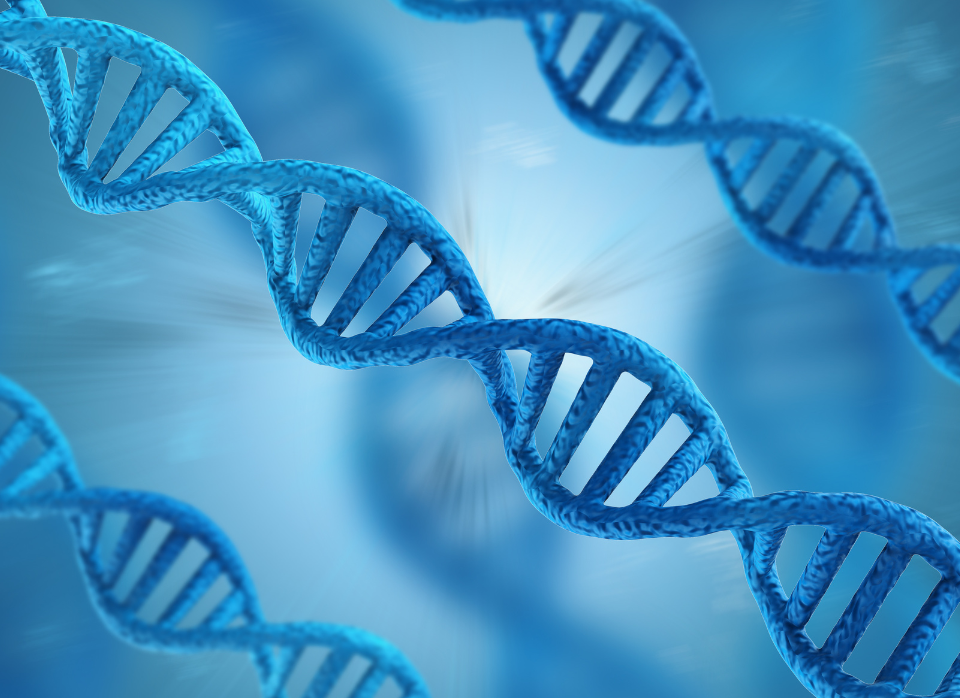
Understanding ARFID: A Closer Look at Avoidant/Restrictive Food Intake Disorder
July 5, 2024Understanding What Binge Eating Disorder Is
July 11, 2024Binge Eating Disorder (BED) is a complex and often misunderstood condition characterized by recurrent episodes of eating large quantities of food, often rapidly and to the point of discomfort. Unlike bulimia, these episodes are not followed by purging behaviors. Understanding the various causes of BED is essential for effective treatment and support. In this blog, we will explore what causes binge eating disorder, the reasons for binge eating disorder, and investigate whether binge eating disorder is genetic.

What Causes Binge Eating Disorder?
BED is a multifaceted disorder with no single cause. Instead, it results from biological, psychological, and environmental factors.
Biological Factors
Biological influences play a significant role in the development of BED. Hormonal imbalances, particularly those involving ghrelin (the hunger hormone) and leptin (the satiety hormone), can affect hunger and fullness signals, leading to overeating. Neurotransmitters like dopamine, which regulate pleasure and reward, can also contribute. Dysregulation in these pathways can make individuals more prone to seeking the rewarding feelings associated with binge eating.
Psychological Factors
Psychological issues are a core component of BED. Many individuals with BED have a history of depression, anxiety, or other mood disorders. Low self-esteem, body dissatisfaction, and a history of dieting or restrictive eating can also contribute. Emotional eating is another significant factor, where food is used as a coping mechanism for stress, boredom, or negative emotions.
Environmental Factors
The environment in which a person lives can significantly impact their eating behaviors. Exposure to societal pressures and cultural norms emphasizing thinness can lead to body dissatisfaction and disordered eating patterns. Additionally, childhood experiences, such as parental attitudes towards food, critical comments about weight, and even traumatic events, can shape an individual’s relationship with food and contribute to the development of BED.
Reasons for Binge Eating Disorder
Exploring the reasons for binge eating disorder provides insight into why individuals may turn to binge eating as a coping mechanism.
Coping with Negative Emotions
Many individuals binge eat as a way to cope with negative emotions. Stress, anxiety, loneliness, and sadness can trigger binge eating episodes as a temporary escape from these feelings. Consuming large quantities of food can provide comfort and a sense of control at the moment, even though it often leads to guilt and shame afterward.
Food Availability and Lifestyle
In today’s fast-paced society, the easy availability of high-calorie, low-nutrient foods combined with busy lifestyles can contribute to BED. Convenience foods high in sugar and fat can be particularly appealing during binge episodes. Additionally, irregular meal patterns and skipping meals can lead to extreme hunger, increasing the likelihood of binge eating.
Dieting and Restriction
Ironically, dieting and food restriction can also be significant reasons for BED. Restrictive diets can lead to feelings of deprivation, which may trigger binge eating as a compensatory behavior. The cycle of dieting and binge eating can perpetuate disordered eating patterns and make it challenging to maintain a healthy relationship with food.
Is Binge Eating Disorder Genetic?
One of the intriguing questions in understanding BED is whether binge eating disorder is genetic. Research indicates that genetics may indeed play a role.
Family Studies
Studies have shown that BED tends to run in families, suggesting a genetic predisposition. Family members of individuals with BED are more likely to exhibit similar eating behaviors, indicating that genetic factors may influence susceptibility to the disorder.
Genetic Research
Emerging research has identified several genes that may be associated with BED. These genes are involved in hunger, satiety, and reward-processing pathways. For example, variations in genes regulating the dopamine system can affect how individuals experience pleasure from eating, potentially leading to binge-eating behaviors.
Twin Studies
Twin studies provide further evidence for a genetic component to BED. These studies have found higher concordance rates for BED in identical twins compared to fraternal twins, indicating that genetic factors significantly contribute to the risk of developing the disorder.
Get Help Today
Understanding what causes binge eating disorder requires a comprehensive look at the reasons for binge eating disorder, including biological, psychological, and environmental factors. Additionally, the question of binge eating disorder highlights the importance of genetic predispositions in the development of BED. By unraveling these complexities, we can better support those affected by BED and develop more effective interventions to address this challenging disorder. Considering all these factors, a holistic approach is essential for effective treatment and recovery.
____________________________________________________________________________
Looking for treatment for an eating disorder, anxiety, depression, trauma, or postpartum mood disorder?
Evolve Counseling Services is a specialized team of Licensed Therapists providing treatment in Paoli.



